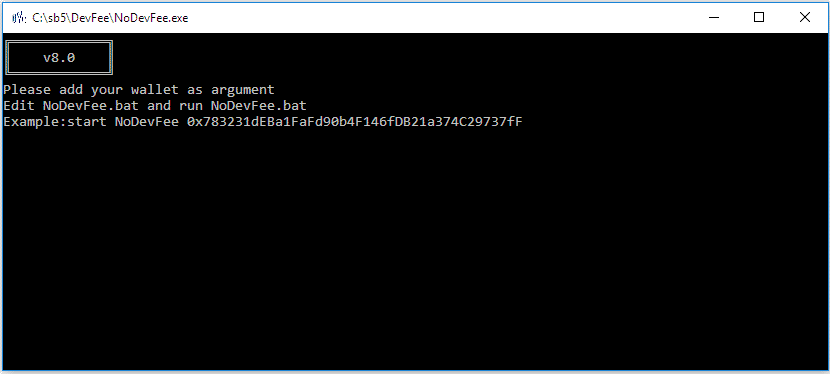Advantages and Disadvantages of Cryptocurrency Regulation
Governments in various developed countries are beginning to take control of the ownership, trading and mining of cryptocurrency. Regulation ranges from outright bans to tax legislation. Altcoins have been around for a long time, but it is only now that the currency is entering the mainstream among merchants, consumers and traders. From some perspectives, the presence of a non-national currency independent of the state poses a threat to governments.
The state of regulation at present.
In countries such as China, as well as some European states, governments seek in every way possible to slow down the introduction of cryptocurrencies, or even to destroy them. For example, Chinese leaders recently banned all cryptocurrency-related activities, such as mining, trading and owning cryptocurrencies, from citizens. In countries that do not have such a strict totalitarian regime, like the UK or Russia, governments slow down the process of integrating cryptocurrencies into everyday life by taxing cryptocurrency activities.
When millions of people in one country or another start using non-municipal funds for business and investment, officials rush to protect their localities. If non-national currencies begin to dominate local, regional or state commerce, it will be even harder for the stale lawmakers to keep the population in check. What are some of the opportunities and dangers associated with fresh laws and regulations regarding cryptocurrencies? Here’s a quick overview and all because every investor, trader and consumer should know about what to look out for.
An example of domestic regulation
While no country has similar policies regarding cryptoassets, it is useful for possible traders and investors to know that at the very end of 2021 or beginning of 2022, the legal atmosphere in the world is in a state of flux. Anyone who trades bitcoins in South Africa is familiar with South Africa’s rules regarding the taxation and movement of altcoins. At the moment, the SARB (South African Reserve Bank) forbids citizens to transfer any crypto assets from a South African bank to an institution outside the country.
Not counting but all because SARS (South African Revenue Service) asks absolutely all traders, holders and users of bitcoins and other cryptocurrencies to report profits and losses on time. Failure to tell ownership of such assets can lead to criminal and other penalties. South Africa is not alone in its own regulation of monetary activities involving other currencies, including Bitcoin and Etherium. Throughout Europe, North America, Asia, South America, Asia Minor and other countries, central banks and tax authorities are working overtime to watch the development of crypto assets of absolutely all types.
Capabilities
As with almost every other category of regulatory activity, when the authorities try to curb the spread of cryptocurrency trading, there are plenty of opportunities for bitcoin traders who know ahead of time what the possible consequences of such laws might be. For example, when the communist regime in China not long ago imposed harsh penalties for all cryptocurrency activity, almost many people correctly expected bitcoin prices to temporarily plummet. When prices plummeted, bargain hunters jumped on the temporarily cheaper assets and ripped them off hand and foot.
Recurring price drops and rises are commonplace for sensitive buyers and sellers of cryptocurrencies, who profit from price pullbacks and spikes. Conclusively, if you are fortunate enough to live in a socio-political environment with serious monetary regulation, your own activities may be significantly limited. Other regulation options are even more excellent for those who seek to benefit from prolonged price configurations in the sector of other coins. For example, when governments simply rush to track and tax assets like ether and bitcoin, it is often a sign of the authorities’s general acceptance of non-national forms of funds.
Dangers
The dangers of trading other currencies are, on average, less than the abilities. This is because the entire alt-currency sector is growing in a sustainable, organic way. Consumers and governments have come to terms with the fact that this new form of funds is not going away. But if you live in a large country where diverse or demanding bargaining laws are in place, your business may very well be in trouble. The country of China is just one example of a full-scale ban on cryptocurrency trading. Mostly communist and totalitarian societies are totally unprepared to accept a currency that gives people independence, financial freedom and monetary stability.



















